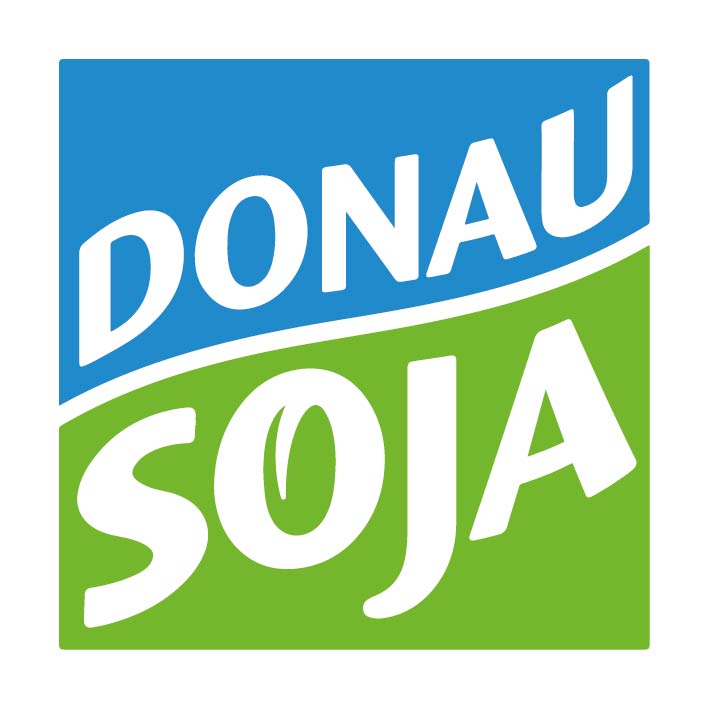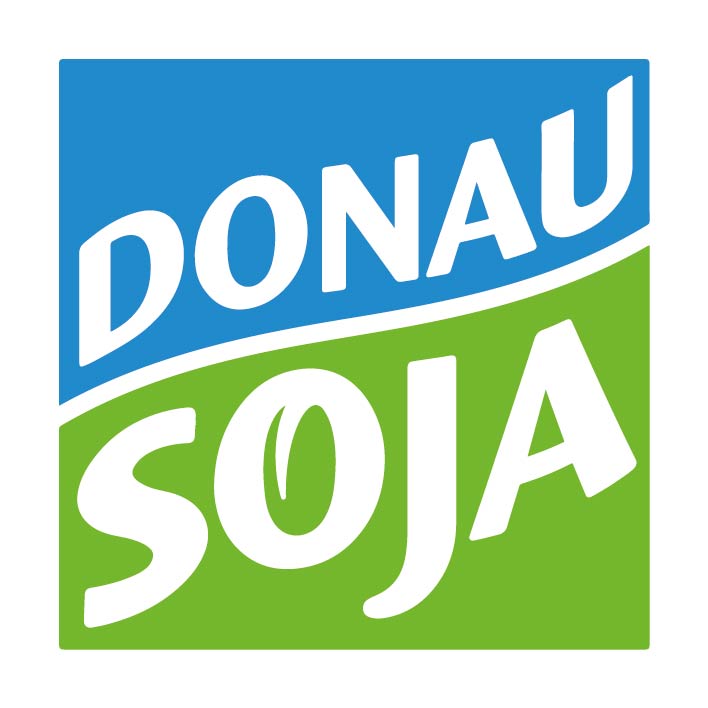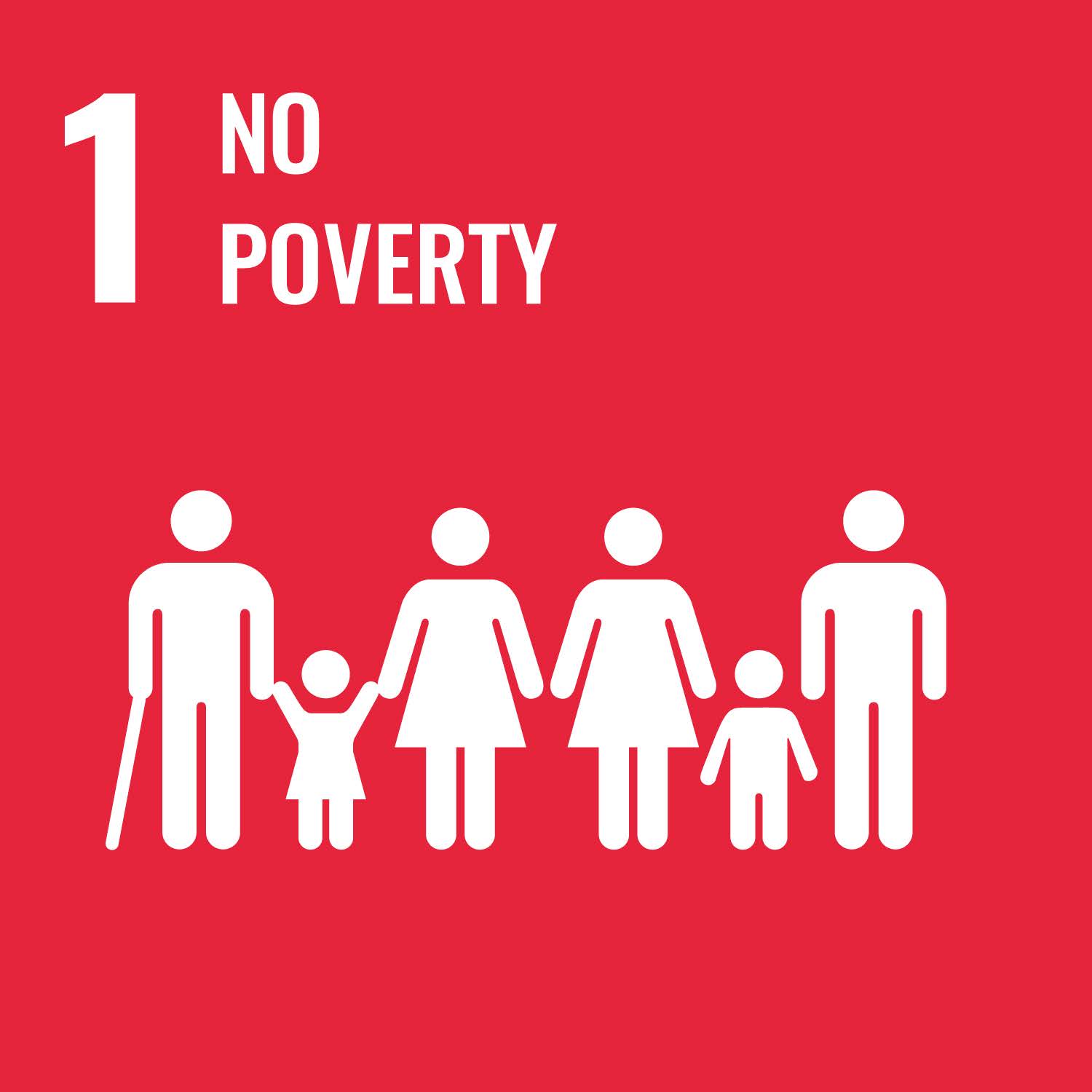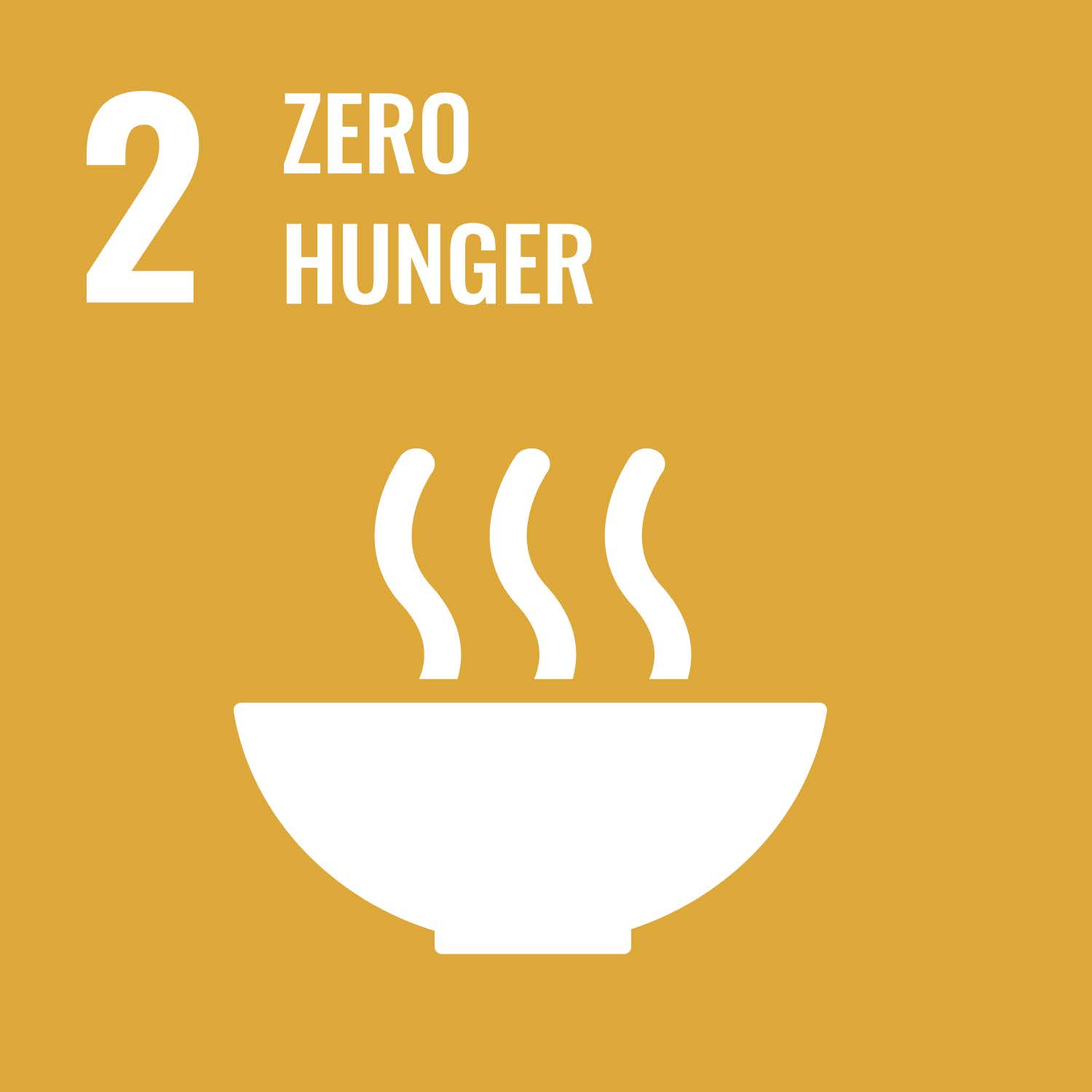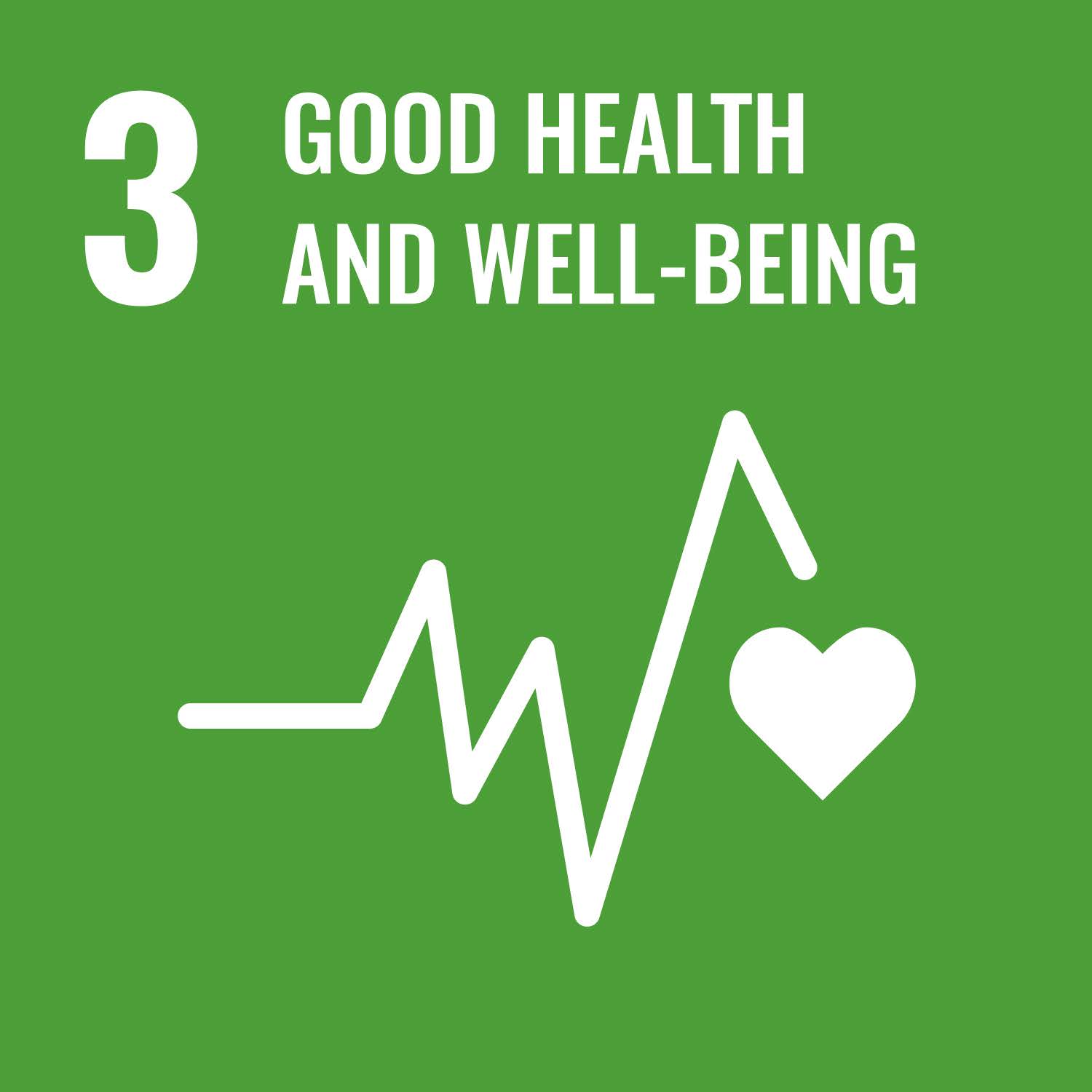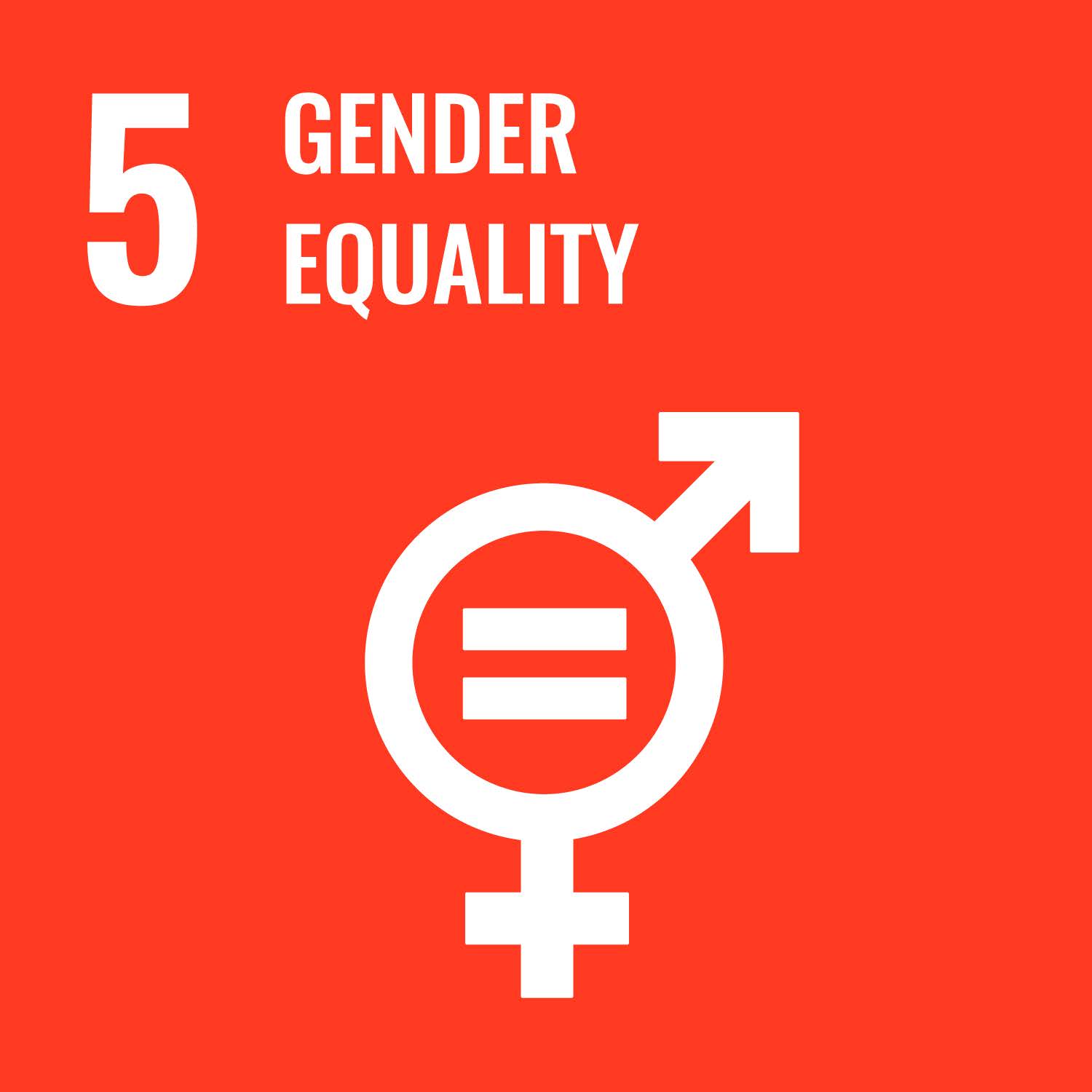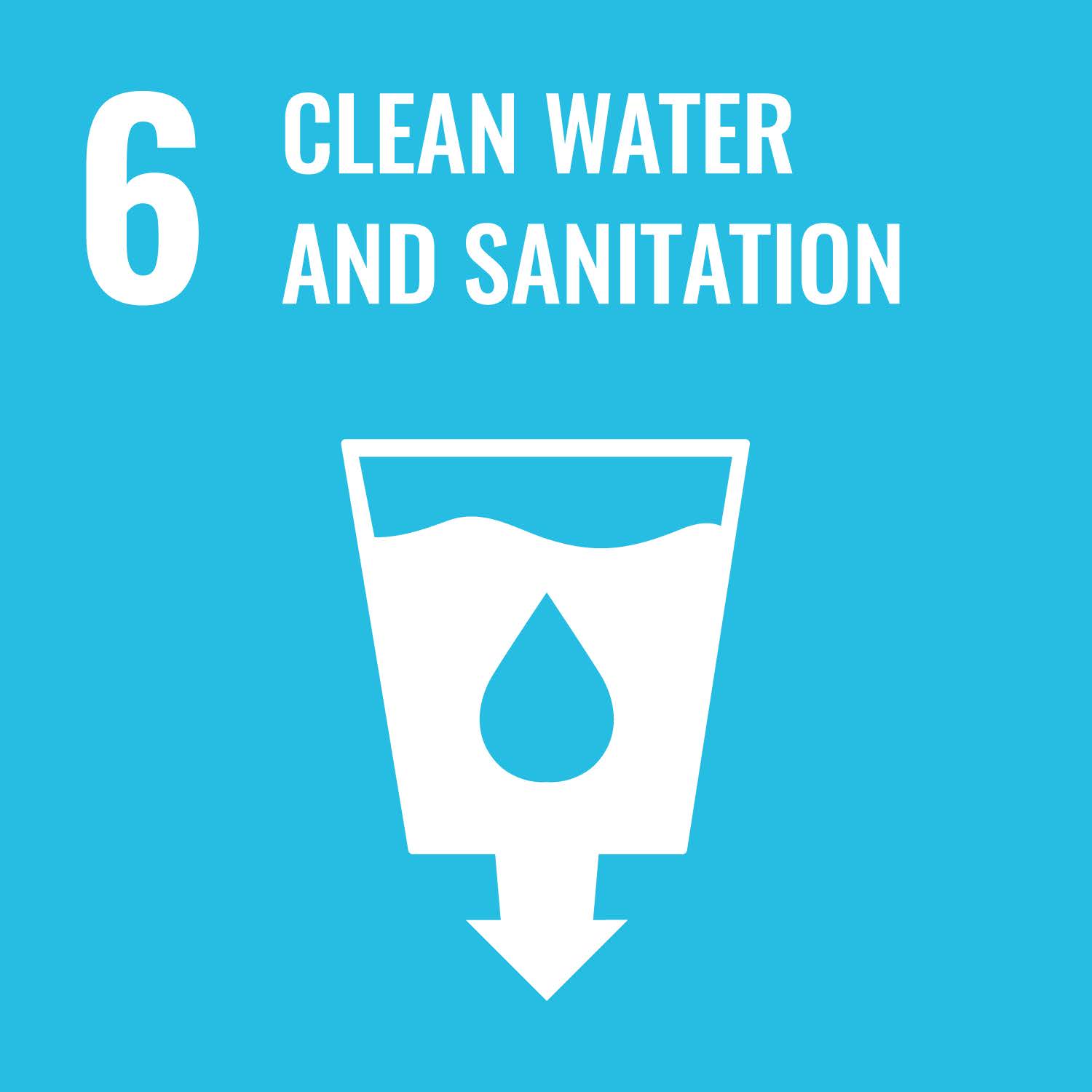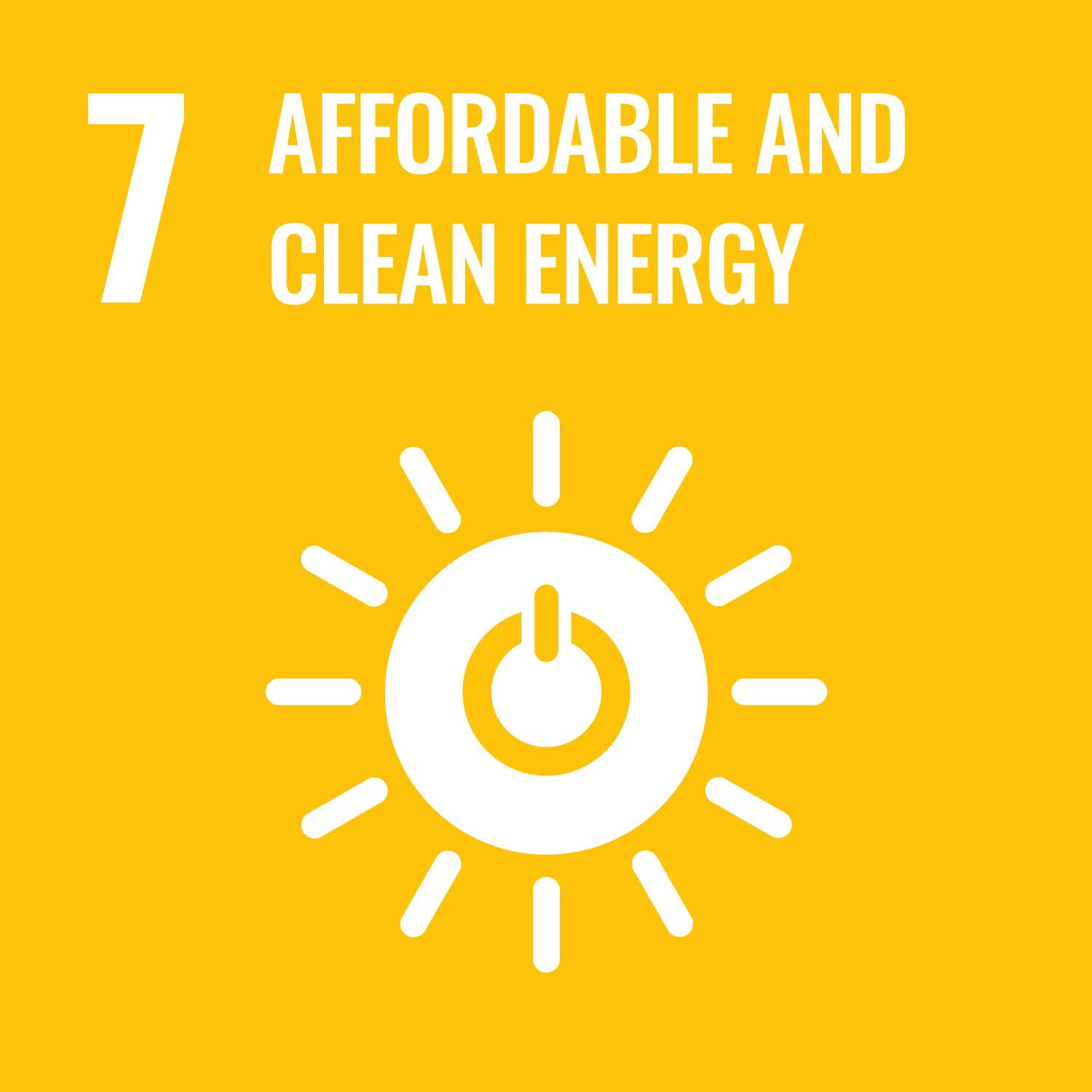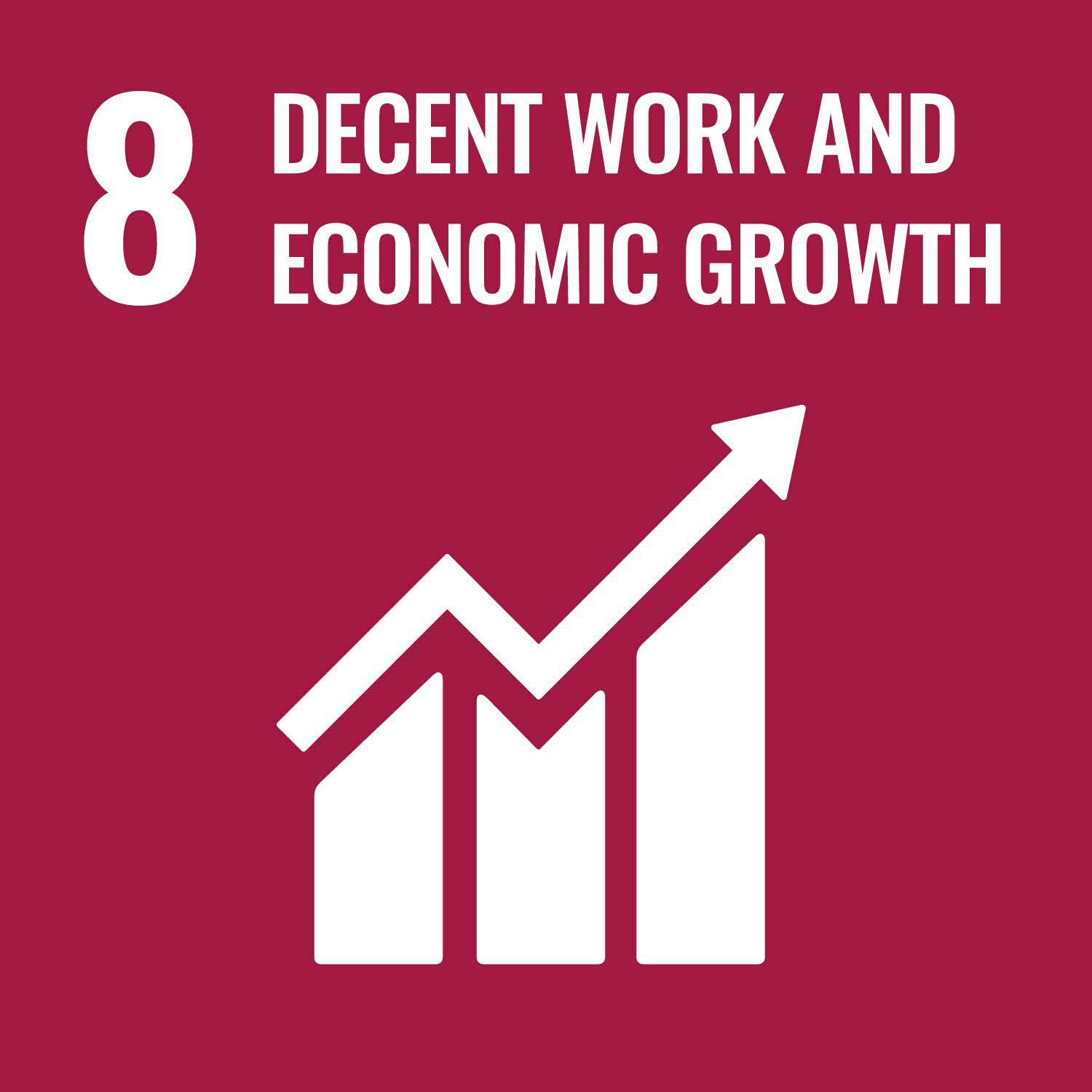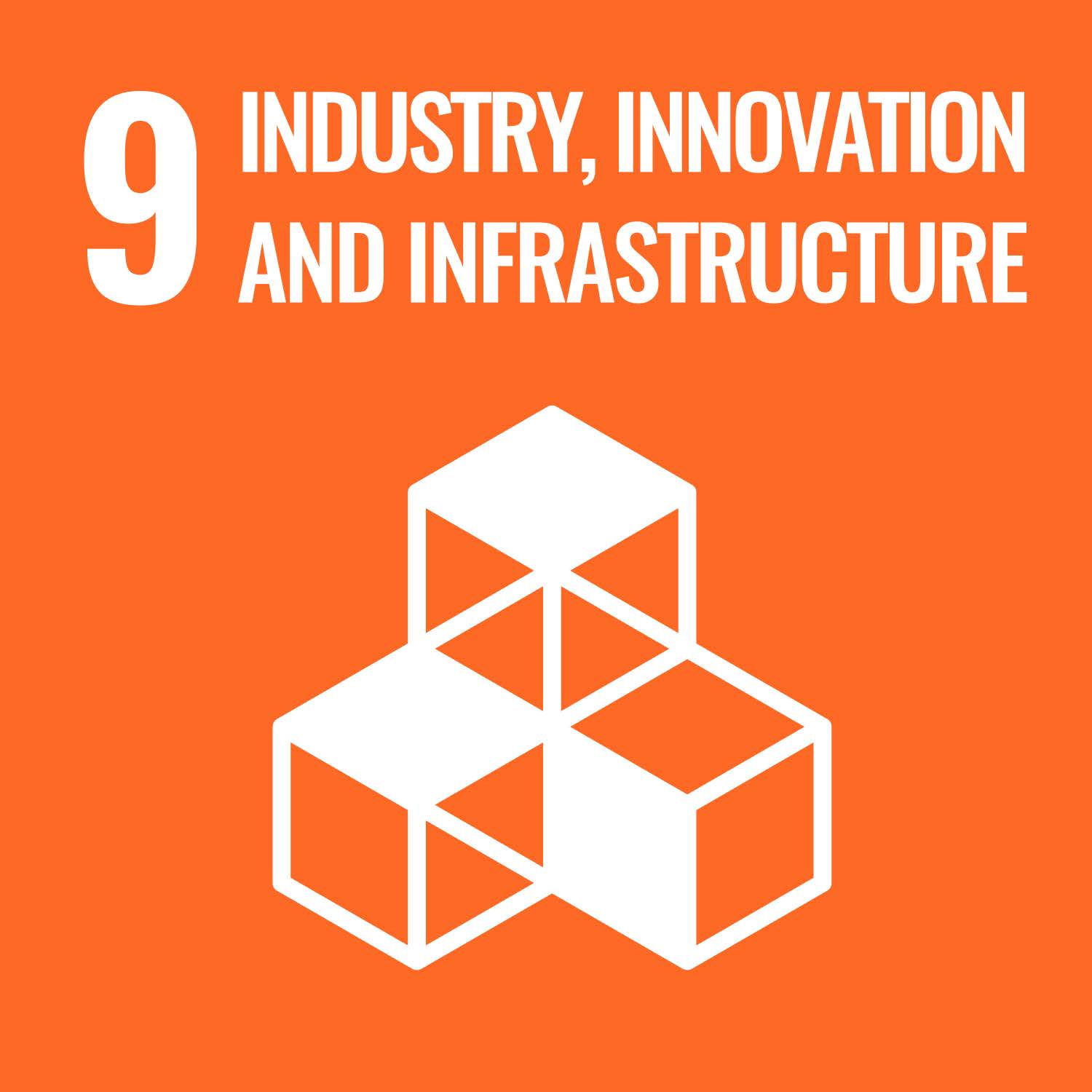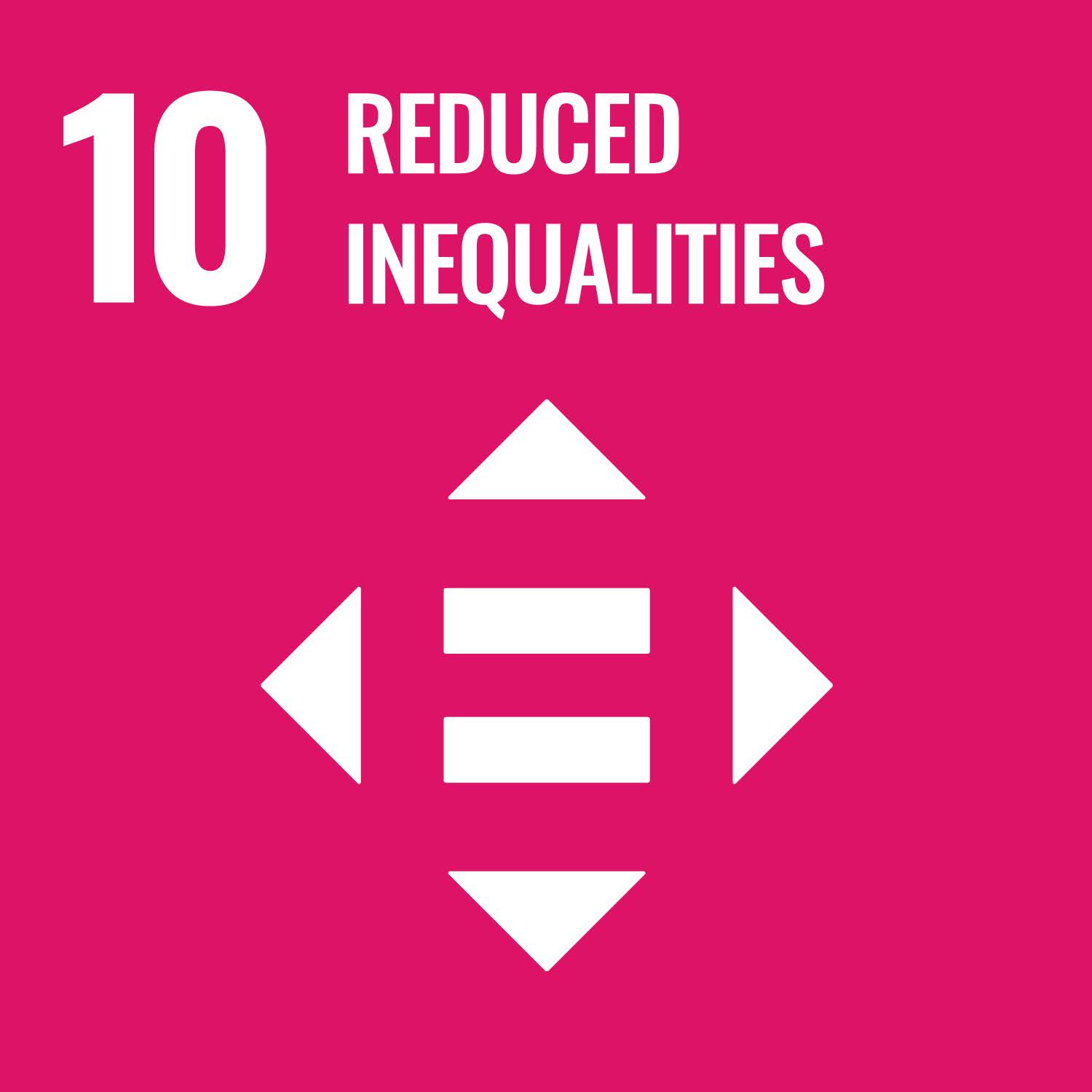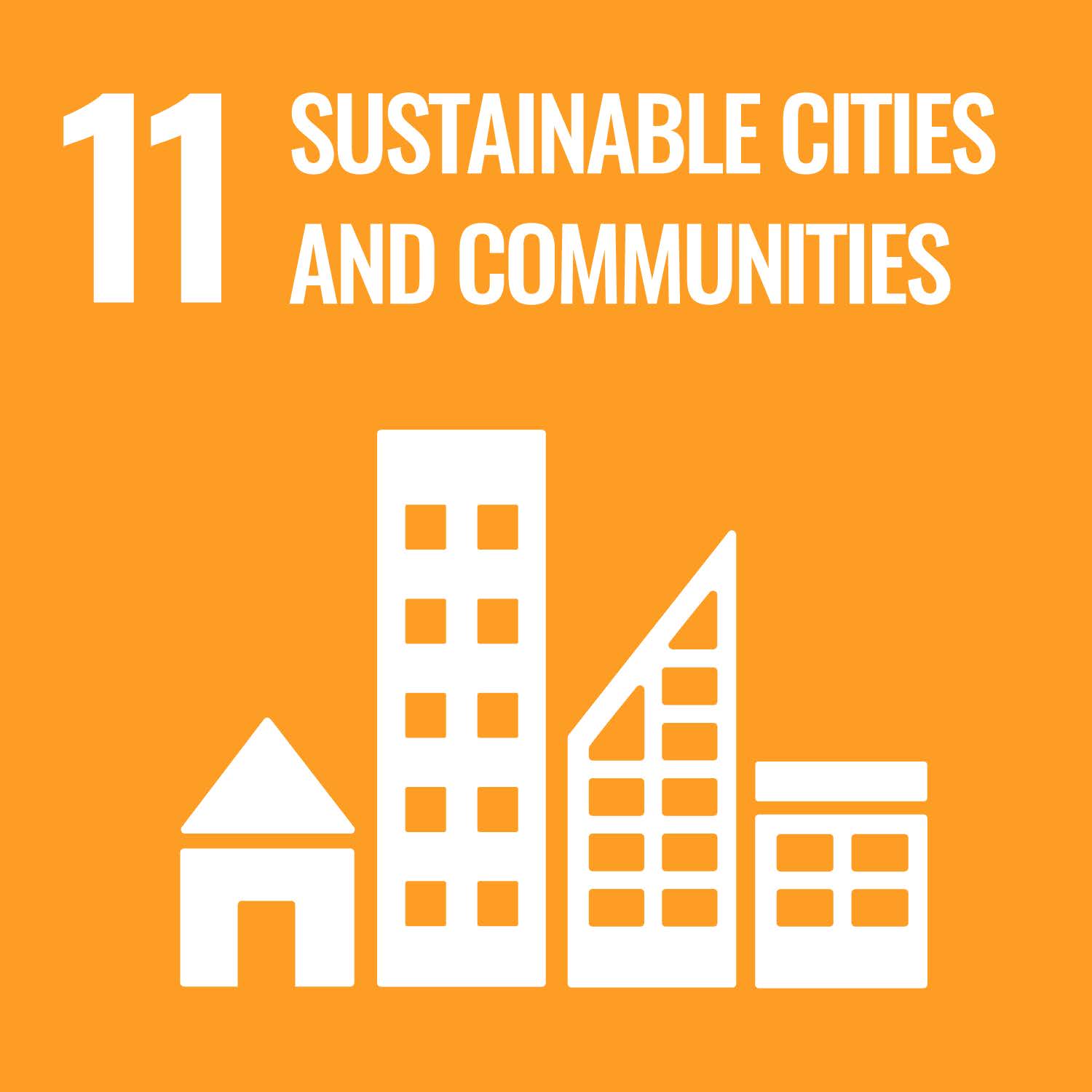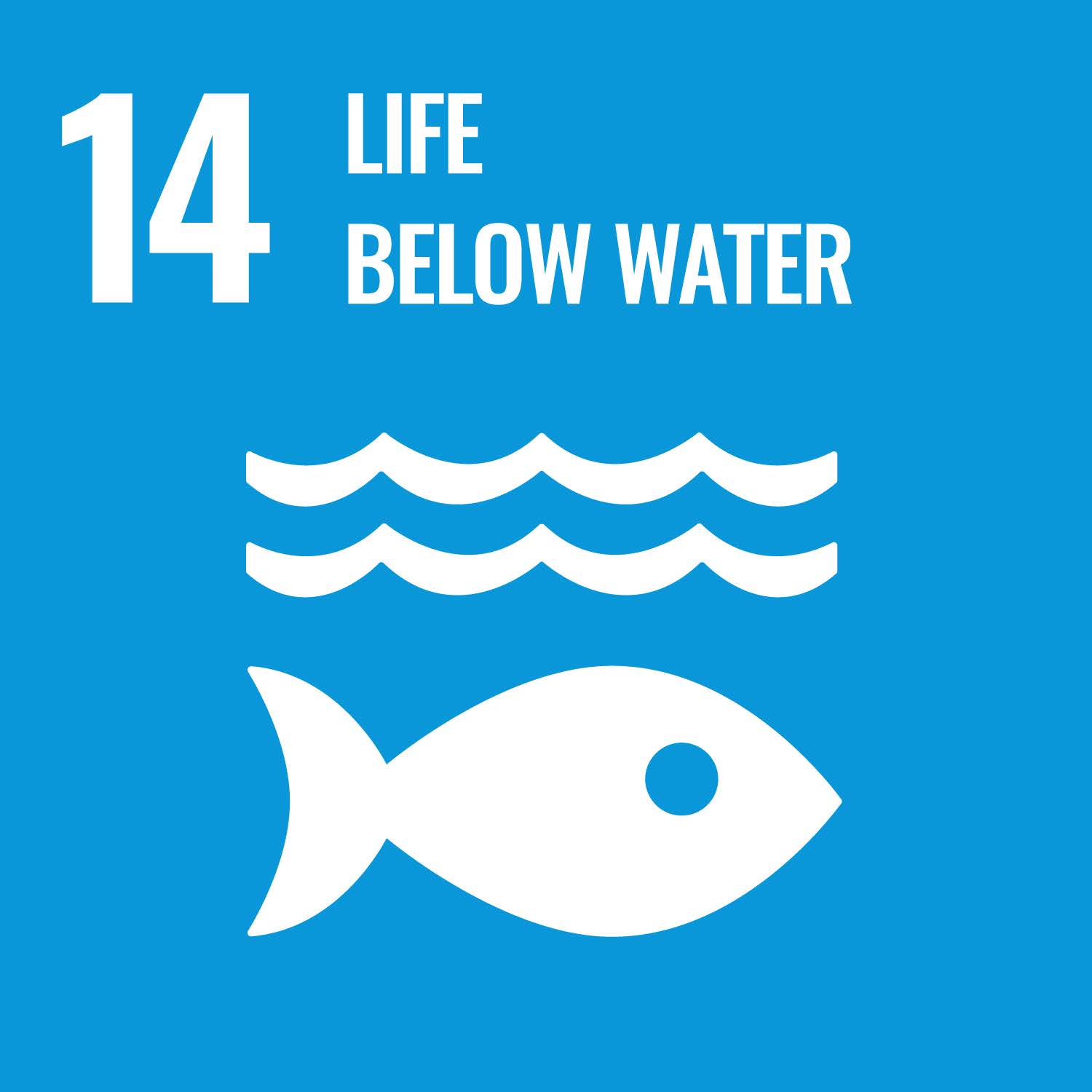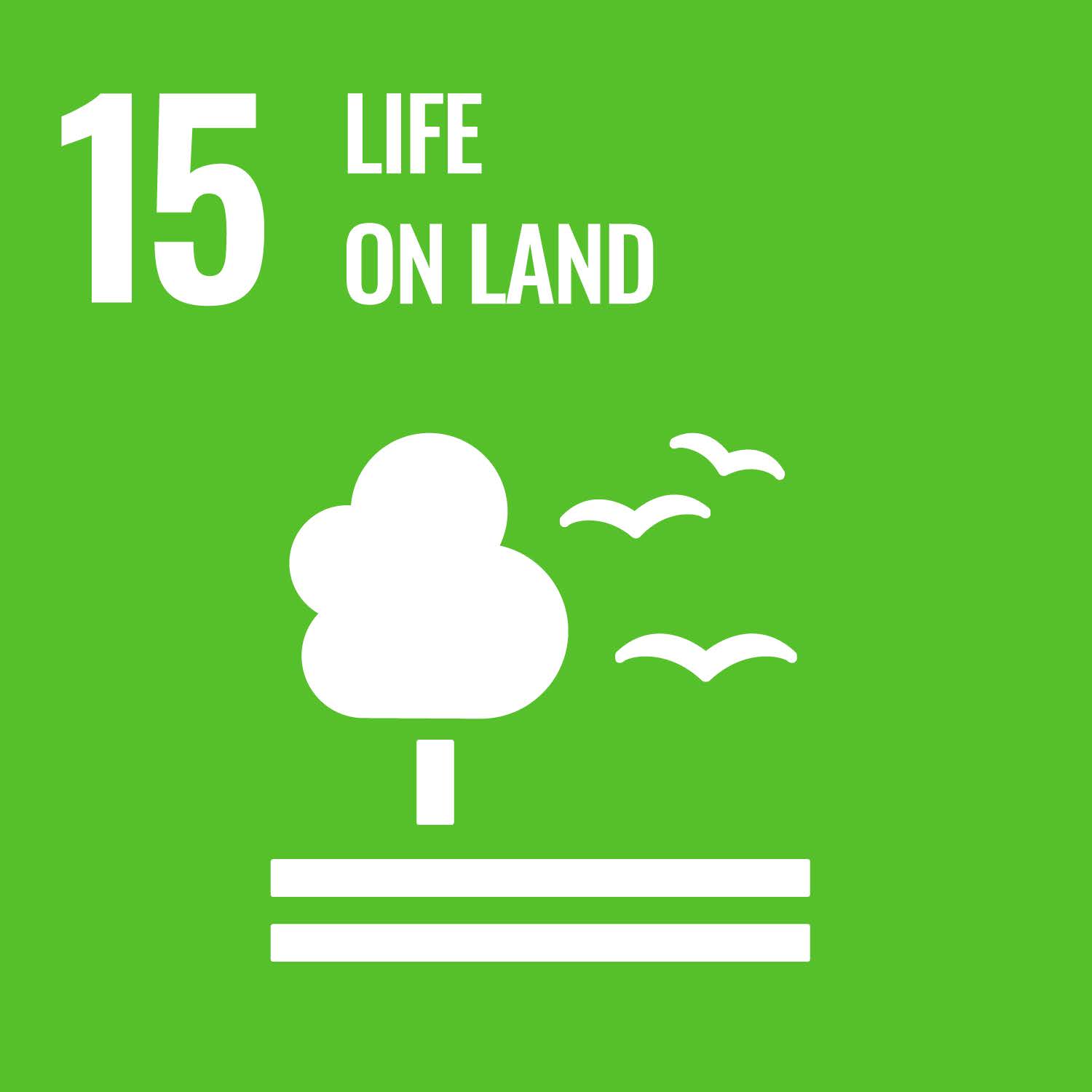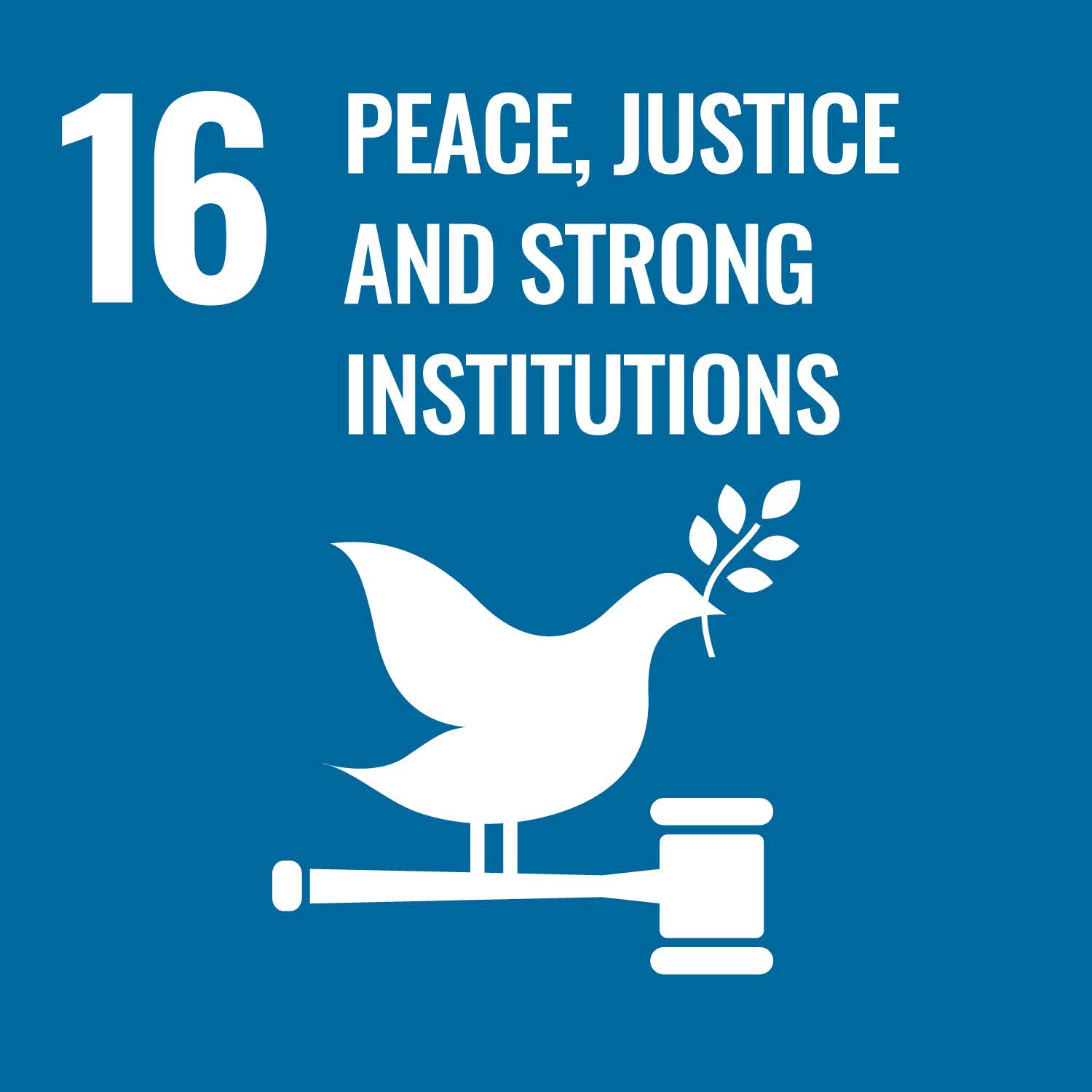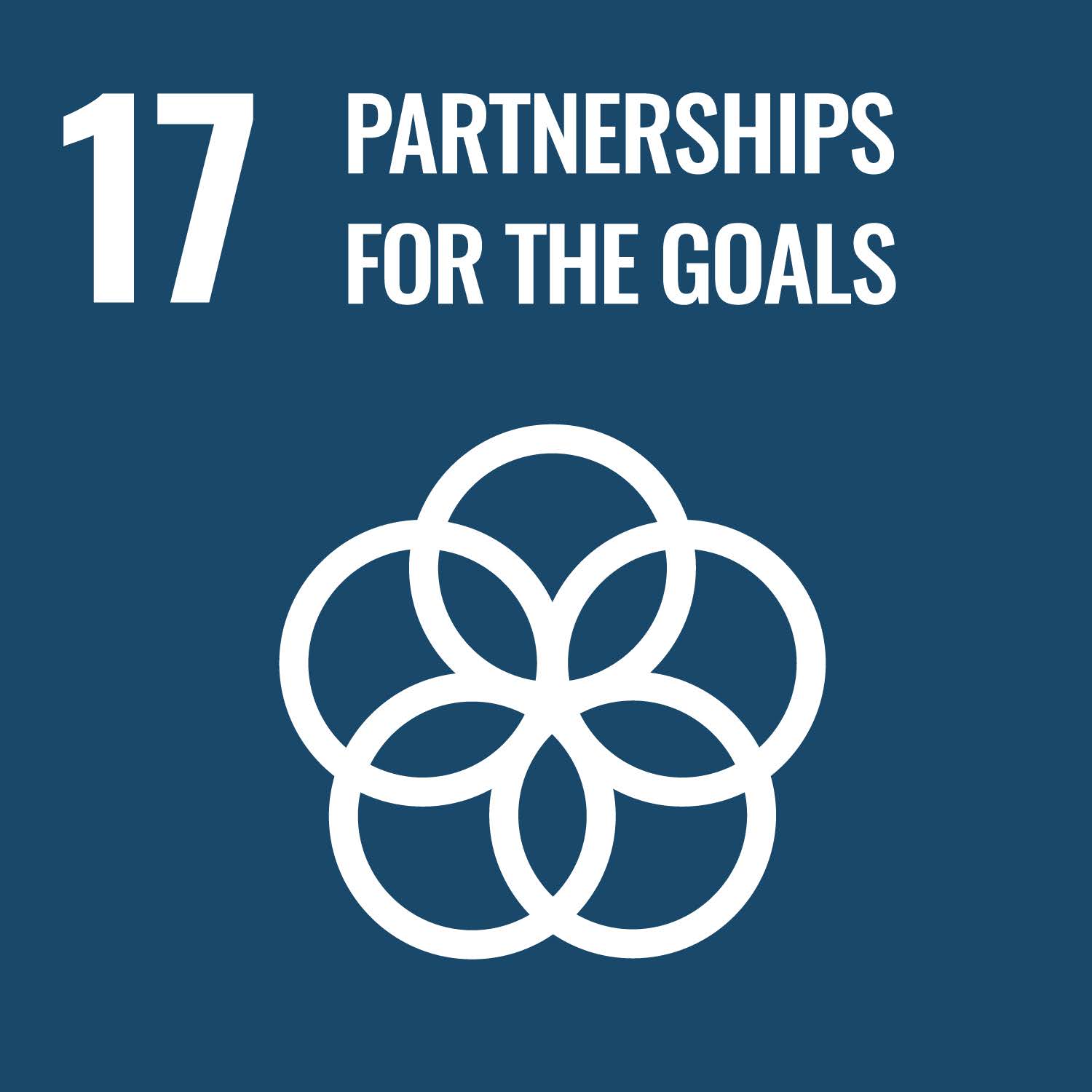The main objective of SDG 2 is to end hunger, achieve food security, improve nutrition, and promote sustainable agriculture. This includes targets such as ensuring a safe, nutritious and sufficient food supply, increasing agricultural productivity and incomes of small-scale food producers, and promoting sustainable agricultural practices that improve soil quality, biodiversity and resilience to climate change.
Donau Soja Organisation
SDG 2 is fundamentally linked to the work of Donau Soja and our vision: A sustainable, safe and European protein supply. Donau Soja has developed a Protein Strategy which addresses the challenges the European agri-food system faces and offers solutions for improving the food security in Europe, diets to become more healthier and improve use of protein resources.
Donau Soja drove the signing of the Donau Soja and Europe Soya Declarations which are a commitment to the sustainable development of efficient, resilient and productive agri-food systems. Including legumes in European cropping systems strengthens local economies, increases local and regional protein self-sufficiency and supports protein partnerships. Protein crop production in Europe not only supports jobs in farming but also in processing, as much of the soya imported from South America is already in the form of processed soya meal.
Donau Soja is actively working on capacity building measures that facilitate the implementation of sustainable practices what aim to increase productivity, maintain ecosystems, enhance the capacity to adapt to climate change, extreme weather conditions, as well as progressively improve land and soil quality.
Over the past decade, Donau Soja has successfully facilitated the production of more than 4 million tonnes of soya beans produced in accordance with sustainable practices in Europe. These soya beans were grown in accordance with Donau Soja / Europe Soya sustainability requirements and seamlessly integrated into European sustainable food systems; this has made these food systems more resilient and less dependent on global trade.
Furthermore, over 13,000 farmers from Southeast and Eastern Europe have adopted sustainable production practices on their farms and have become part of the Donau Soja value chains.
Donau Soja / Europe Soya Standard
The Donau Soja / Europe Soya Standard in various aspects contributes to sustainable agriculture, most importantly it contributes to SDG 2 through principles 2, 3, and 4.
Donau Soja is dedicated to maintaining genetic diversity of seeds and cultivated plants and therefore has a strict non-GM requirement (Principle 2).
Principle 3 requires farmers to follow the recommendations contained in the Donau Soja Best Practice Manual for soya bean cultivation, which contains valuable information on topics with great influence on yields like optimal variety selection, inoculation, nutrient management and integrated crop management practices.
Principle 4 requires farmers to adopt adequate measures to safeguard and enhance soil quality while preventing erosion. These measures may include, for example: prohibiting the burning of stubble, employing non-tillage techniques wherever possible, crop rotation, and the use of cover crops. Principles 5-9 include further requirements regarding good agricultural practices, protecting air, soil and water, biodiversity protection and climate change mitigation.
SDG 2: Example activities
In 2012, more than ten years ago, Donau Soja was founded with the vision of a safe and sustainable European protein supply. This vision enjoys the support of 24 European governments.
- Between 2013 and 2015 the Donau Soja Declaration, was signed by 15 European governments. The declaration aimed to promote sustainable soya cultivation as an integral part of crop rotation.
- In 2018, Donau Soja marked significant progress by introducing the Europe Soya Declaration. The Europe Soya Declaration, signed by 19 governments, seeks to enhance soya cultivation in Europe, improving global food security and utilising natural resources sustainably, hence bringing it closer to the UN SDG’s.
Also in 2018, Donau Soja introduced its Protein Strategy for Europe which dives deeper into the path towards a secure and sustainable European protein supply. Five areas were identified, namely:
- Sustainable imports
- Increased sustainable European production
- Improved utilisation of existing and new protein sources
- Enhanced protein utilisation efficiency
- Promotion of healthier, sustainable diets
By addressing these five key areas, Donau Soja aims to establish a more secure, resilient and sustainable food supply for Europe. In doing so, we integrate small scale farmers into EU supply chains, e.g. from countries like Serbia, establish a level-playing-field for imports and aim for a more sustainable transformation of food and agricultural production in Europe as a whole. Our work over the last years has resulted in more than one million tonnes of sustainable soya being produced certified to our Donau Soja and Europe Soya Standards for the first time in 2022.
This comprehensive approach thrives on stakeholder collaboration, including policymakers, farmers, researchers, and consumers. Our collective efforts ensure the successful implementation of the strategy, building a resilient food system that enhances the wellbeing of both people and the environment, in alignment with SDG 2.
- 8 National Ukrainian fair booths were organised in Prague, Warsaw, Vienna, Munich, and Budapest, thereby facilitating the dialogue between EU and Ukrainian companies.
- 30 farmers received a compensation for purchasing original certified non-GM soya seeds. Donau Soja Organisation supported farmers in implementation of the best farming practices, e.g. support on agronomics technology adaptation.
- 5,880 families were supported via the food humanitarian support.
These activities, in combination with activities supported through ADA Strategic Partnership (see SDG 17) jointly contribute to economic growth, access to services and poverty alleviation in Ukraine. As of August 2023, the soya harvest in Ukraine is expected to reach 4.4 Mio tonnes, which is an increase of 18 percent compared to 2022 and plus 26 percent to 2021 (prewar year). Ukraine keeps self-sufficiency for agricultural and food products and continues the export. The EU became the main partner for Ukraine, accounting for 45.6% of overall soya devileries from Ukraine.

